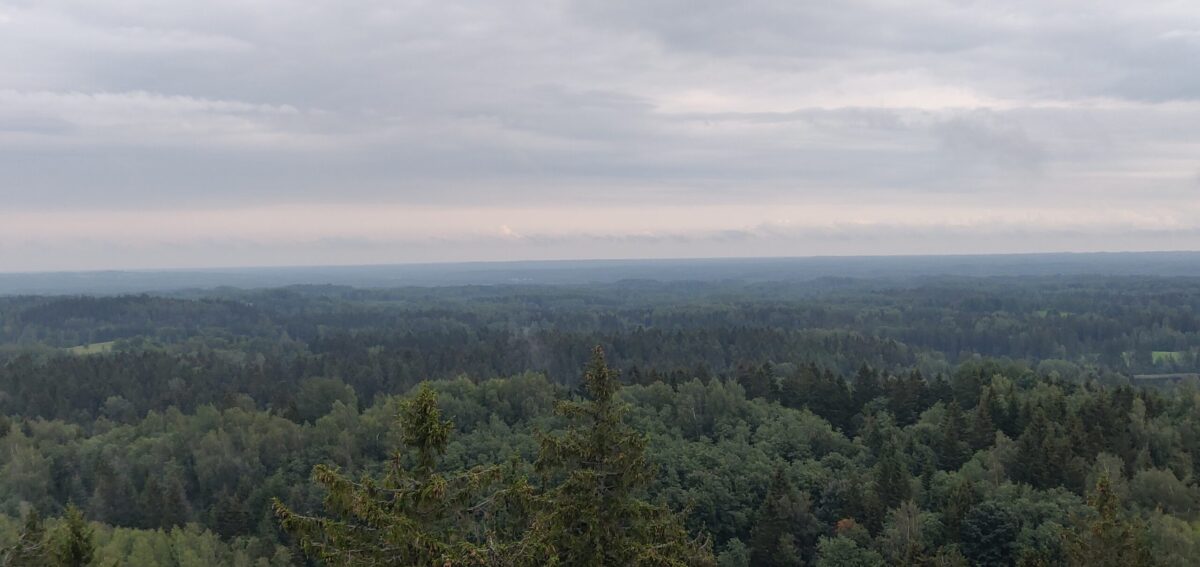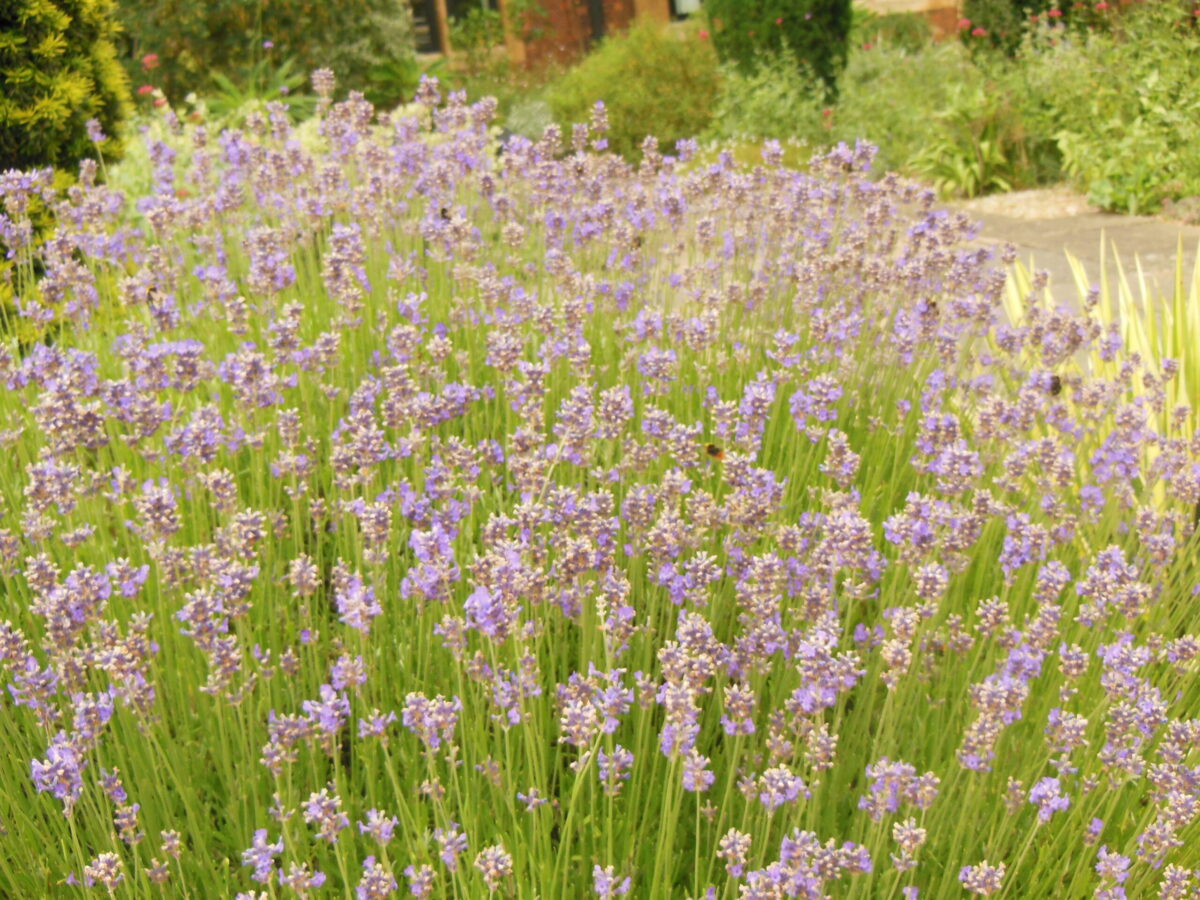No one is born a good citizen, no nation is born a democracy. Rather, both are processes that continue to evolve over a lifetime. Young people must be included from birth. (Kofi Annan)
The word democracy comes from the Greek words “demos”, meaning people, and “kratos” meaning power; so democracy can be thought of as “power of the people”: a way of governing which depends on the will of the people.
When we turn 18 we eagerly go to cast our vote for the first time, we study the candidates on offer, evaluate their policies, and place our X in the box. Others of course may just vote the way their parents do. However, we all believe that by voting we are exercising our democratic right, that we are free to choose the government we want and that if our party wins, they will govern and implement the policies they promised us they would.
On election night the results come in and no single party is able to govern alone, meaning the parties are forced to make coalitions with parties whose policies are most similar to their own. Once in government, the coalition, by its very nature, is forced to compromise, reneging on their election campaign promises and leading to disappointment among the voters of both parties.
But if we have moved on from an age of bi-partisan politics and the new normal is government by coalition, should political parties ask the voters who they want them to join forces with or who they don’t? While a nice idea, this might be rather impractical in reality.
So, in light of the fact that the ideal government seems to be rather elusive and the idea of a pure democracy may not exist, the most we can do is make sure there are enough checks and balances in place to ensure the government we do have is held to account, and the best way to do this is with a separate judiciary and a free press.
By Ana from Spain



